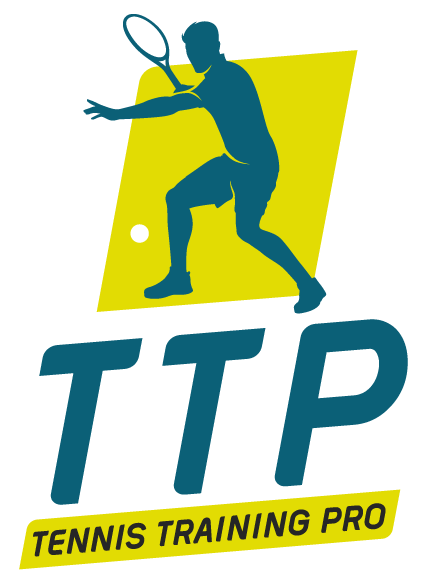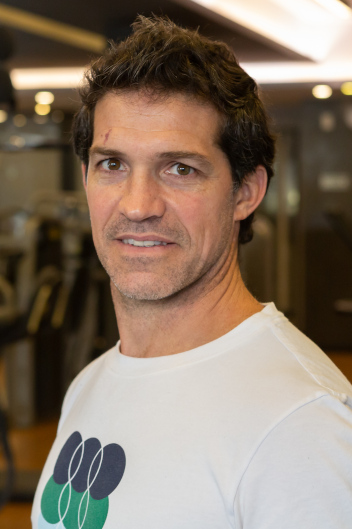Nutritional and behavioral strategies to keep your immune system strong in tennis
10 de April, 2020
We list below some nutritional and behavioral strategies to help maintain a strong immune system in athletes.
1) Avoid prolonged workout sessions more than two hours long, and excessive heavy training, because overexercising can suppress your immune system.
2) Wear appropriate clothes during adverse weather conditions to avoid getting cold or wet after exercising.
3) Get between seven and eight hours of sleep per night. Those that sleep less than seven hours a day and have bad sleep quality -recurrent awakenings- are more likely to suffer from episodes of breathing problems.
4) Keep your day-to-day stress low.
5) Make sure you have an adequate intake of all essential macronutrients, vitamins and micronutrients.
6) Vitamin D plays an important role in promoting immunity. This is of great concern because vitamin D deficiency is very common, especially if sunlight exposure is limited in wintertime or in the case of people that work or spend too much time indoors. Vitamin D3 supplements (100-4000 IU/day) can benefit your immune response- from April to October in the southern hemisphere and from October to April in the northern hemisphere.
7) Avoid quick diet plans and have an adequate intake of proteins and micronutrients instead, as people are more prone to infections during periods of unintentional weight loss. A supplement that offers a wide range of vitamins and minerals is generally the best choice in case of a restricted food intake. This can also be a good option in case you are traveling to a country where food variety and quality can be low.
8) Eat a variety of fruitevery day at least five days a week- a regular intake of fruits is associated with reduced incidence of common cold.
9) In case of planning a long workout session -more than 90 minutes long-, of moderate to high intensity, make sure you have an adequate intake of carbohydrates before and while exercising to limit exercise-induced immunity suppression.
Taking approximately 40 grams of carbohydrates per hour while exercising maintains stable blood sugar levels and reduces circulating stress hormones, which, in turn, helps reducing the loss of immune function.
A 16 oz bottle of a sports drink generally provides 30/40 grams of carbohydrates.
10) Fluid intake during exercise not only prevents dehydration -which is linked to higher levels of the stress hormone- but also maintains the flow of saliva during exercise. Saliva contains proteins with antimicrobial properties- immunoglobulin A, lysozyme, amylase and defensins. Saliva secretion decreases during exercise- which can be prevented with fluid intake (water).
11) The efficacy of dietary immunostimulants is yet to be proven. However, there is limited evidence that some flavonoids such as non-alcoholic beer, green tea and quercetin, and probiotics may reduce the incidence of respiratory infections in people that are physically active and/ or under stress.
Another potential benefit of probiotics can be a lower risk of gastrointestinal infections- which is of particular concern when traveling abroad.
12) Even though high doses of Vitamin C (more than 1000 mg) are not generally justified, they can be an option to prevent respiratory infections for those that train heavily and/ or in cold weather.
13) Do not involve in strenuous exercise if you are experiencing upper respiratory tract symptoms such as a sore throat, sneezing and a runny or stuffy nose.
Do not exercise at all if you have muscle and joint pain, a headache, dry cough, a fever and malaise, diarrhea or vomiting.
A gentle walk indoors can help prevent fluid from building up in your lungs.
14) If you are experiencing respiratory symptoms, you may be asked to self-isolate for up to 14 days to protect others from being infected.
Dr. Fernando José Cruz Cooke
Sports MD 84015

 ES
ES EN
EN PT
PT



